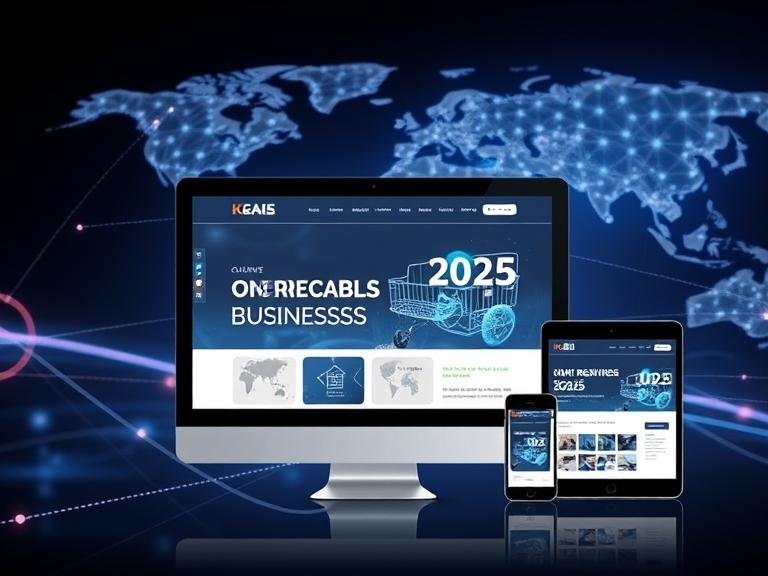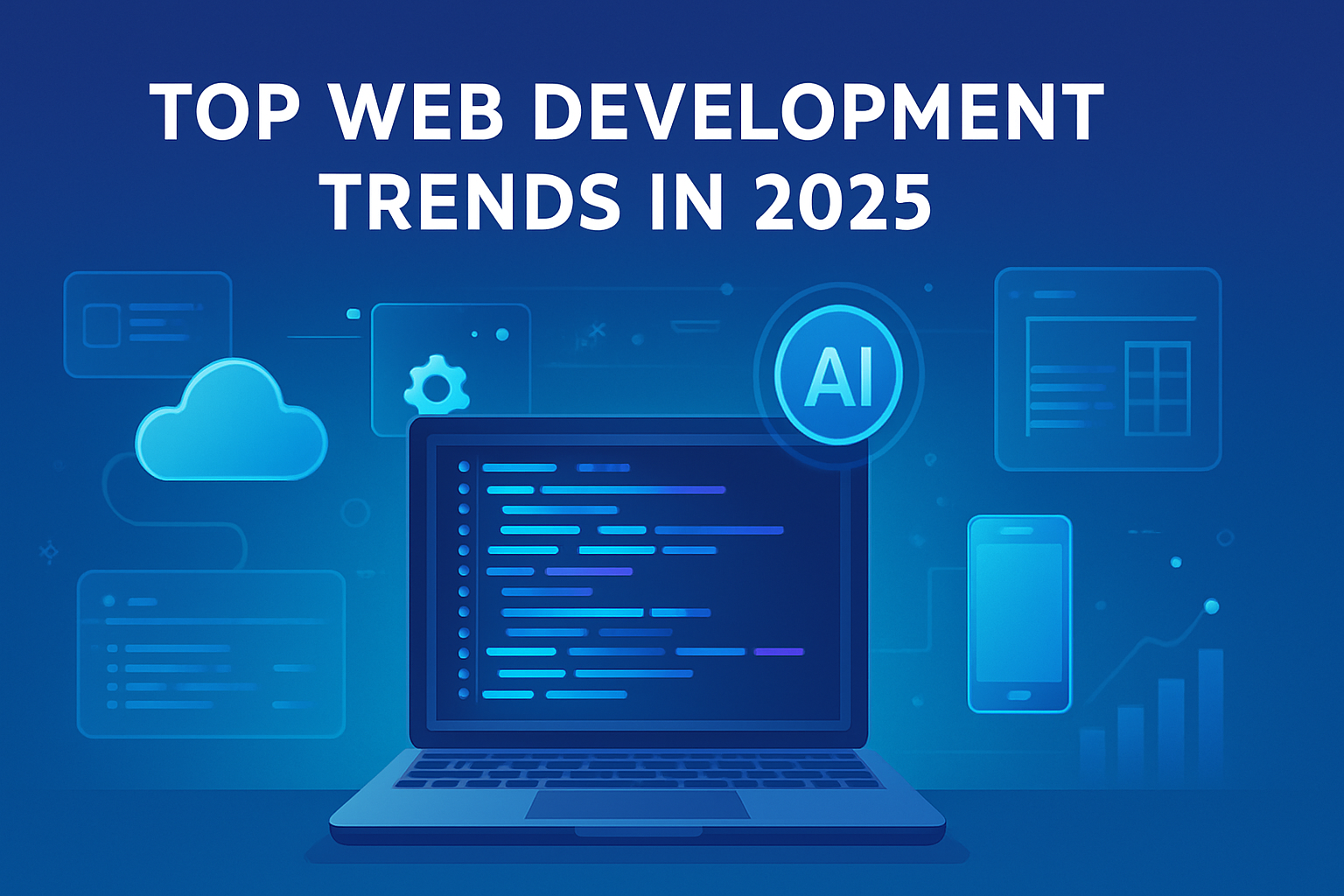Introduction
In 2025, the first thing people do when they hear about a business is search for it online. If your company doesn’t appear, you instantly lose credibility and potential customers. A website is no longer a luxury; it is the backbone of your digital presence.
Whether you’re running a startup, a local shop, or a global company, having a professional website ensures you remain visible, competitive, and relevant in today’s market.
Here are the Top 10 Reasons Every Business Needs a Website in 2025.
1. 24/7 Online Presence
Unlike a physical store with limited hours, a website is always open. Customers can visit, learn about your services, and make inquiries at any time of the day. This ensures you never miss out on opportunities, even while you sleep.
? Example: Imagine someone searching for your service at midnight. With a website, they can still find you and take action.
2. Builds Trust & Credibility
In today’s competitive world, customers trust businesses that look professional online. A well-designed website with proper content, testimonials, and contact details makes your business appear authentic and trustworthy.
? Without a website, people may assume your business is outdated or unreliable.
3. Reach a Global Audience
Your website breaks geographical boundaries. You’re no longer limited to local foot traffic—customers from different cities and even countries can find you easily.
? Example: A small handicraft business in India can sell products to customers in the USA through an e-commerce-enabled website.
4. Cost-Effective Marketing
Running traditional ads in newspapers, TV, or hoardings is expensive and temporary. A website is a long-term investment that continuously markets your business through SEO, blogs, and social media integration.
? With minimal cost, you can reach thousands of people daily through organic searches.
5. Showcase Products & Services
A website acts as a digital brochure where you can present your offerings with images, videos, and detailed descriptions. This helps customers understand your value before even contacting you.
? Bonus: You can update it anytime—no printing costs, no delays.
6. Boosts Sales & Revenue
Websites with e-commerce features, lead forms, or booking systems can directly generate revenue. By accepting payments online, you open doors to more sales opportunities.
? More visitors → more leads → more sales.
7. Compete with Bigger Brands
With the right strategy, even small businesses can compete with large corporations online. SEO, good content, and a strong design can help you rank on Google alongside bigger brands.
? Example: A local bakery with an optimized website can appear above big chains when someone searches “best bakery near me.”
8. Better Customer Engagement
Websites allow you to engage with your customers through blogs, FAQs, chat support, and contact forms. This builds stronger relationships and improves customer satisfaction.
? Engaged customers are more likely to return and recommend you to others.
9. Analytics & Insights
With tools like Google Analytics, you can see where your visitors come from, what they’re interested in, and how they behave on your site. These insights help you improve marketing strategies and boost conversions.
? Data-driven businesses always stay ahead.
10. Future-Proof Your Business
As AI, voice search, and mobile-first browsing dominate 2025, a website ensures you stay relevant in the digital landscape. Businesses that don’t adapt risk becoming invisible to modern consumers.
? Having a strong online foundation means you can easily integrate future technologies like chatbots, AI support, and automation.
✅ Conclusion
A business without a website in 2025 is like a shop without a signboard. It not only limits your reach but also damages credibility. From building trust to increasing sales, a website is the most important tool for long-term success.
? Ready to grow your business?
At Websbit, we design powerful, professional websites tailored to your needs. Let’s take your business online today!




